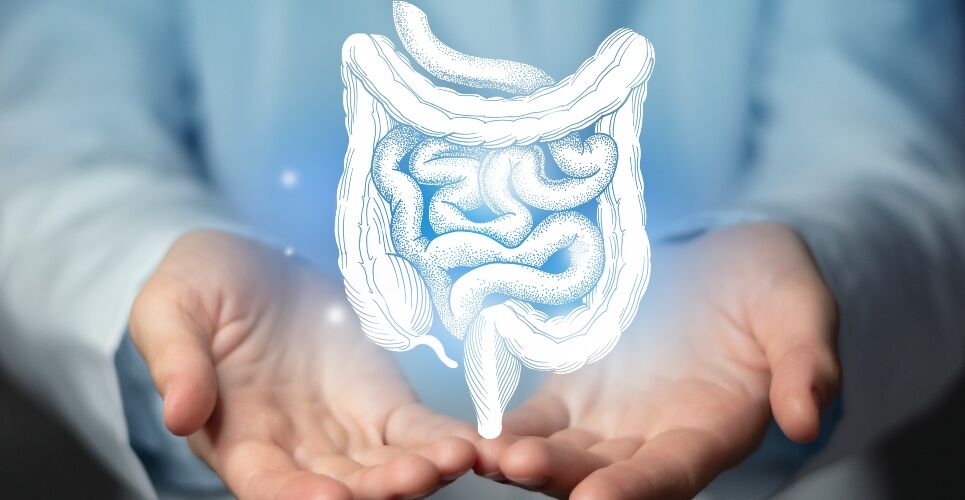Etrasimod (brand name Velsipity) has received a positive opinion from the European Medicines Agency’s Committee for Medicinal Products for Human Use (CHMP) for use in eligible patients with ulcerative colitis (UC), its manufacturer Pfizer has announced.
The oral, one-daily selective sphingosine-1-phosphate (S1P) receptor modulator selectively activates S1P receptor subtypes 1, 4 and 5, with no detectable activity on S1P.
It has been given the green light in the EU for the treatment of patients aged 16 years and older with moderately to severely active ulcerative colitis who have had an inadequate response, lost response, or were intolerant to either conventional therapy, or a biological agent.
If etrasimod were to subsequently be approved by the European Commission, it would represent the first global approval of an oral advanced ulcerative colitis therapy for use in older adolescents.
Velsipity is currently approved in the US, to treat adults with moderately to severely active ulcerative colitis.
Michael Corbo, chief development officer, inflammation and immunology, Pfizer Global Product Development, said: ‘Ulcerative colitis is a chronic condition that affects over 2.6 million people in Europe, and can have a debilitating effect on patients’ lives. If approved, Velsipity could offer patients with moderately to severely active ulcerative colitis the opportunity to achieve steroid-free remission.
‘This positive recommendation is a significant step forward in Pfizer’s efforts to bring this convenient once-daily oral treatment to appropriate patients in the EU affected by ulcerative colitis who require an advanced treatment option with a favourable benefit-risk profile.’
Etrasimod clinical efficacy in ulcerative colitis
The CHMP positive opinion was based on results from the phase 3 ELEVATE UC 52 and ELEVATE UC 12 trials.
They evaluated the safety and efficacy of etrasimod 2 mg once daily on clinical remission in ulcerative colitis patients who had previously failed or were intolerant to at least one conventional, biologic or Janus kinase inhibitor therapy.
The coprimary endpoints in ELEVATE UC 52 were the proportion of patients who achieved clinical remission at week 12 (induction period) and week 52 (maintenance period).
The researchers found a significantly greater proportion of patients in the etrasimod group achieved clinical remission compared with patients in the placebo group at completion of the 12-week induction period (74 [27%] of 274 patients vs 10 [7%] of 135 patients) and at week 52 (88 [32%] of 274 patients vs 9 [7%] of 135 patients).
The primary endpoint for ELEVATE UC 12 was the proportion of patients in clinical remission at the end of the 12-week induction period.
Some 55 (25%) of 222 patients in the etrasimod group had clinical remission compared with 17 (15%) of 112 patients in the placebo group at the end of the 12-week induction period.
Both studies also achieved all key secondary efficacy endpoints, with a favourable safety profile consistent with previous studies of etrasimod.
The most common adverse reactions were lymphopenia (11%) and headache (7%).
The drug also demonstrated improvement in the total inflammatory bowel disease questionnaire score, which measures health-related quality of life.

